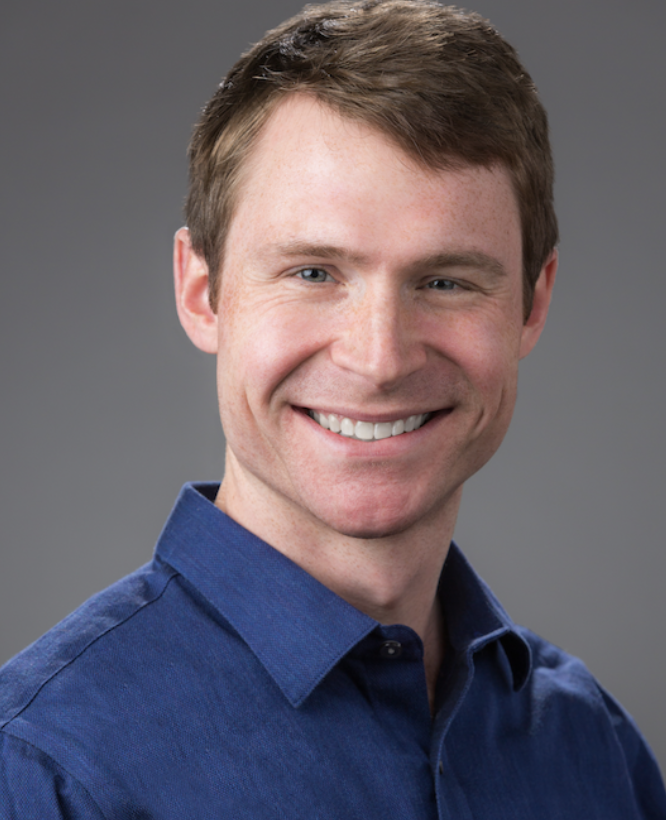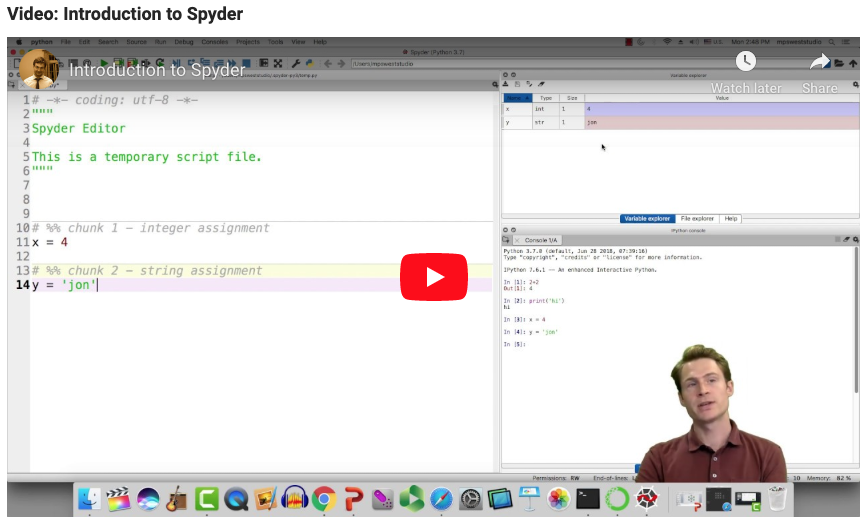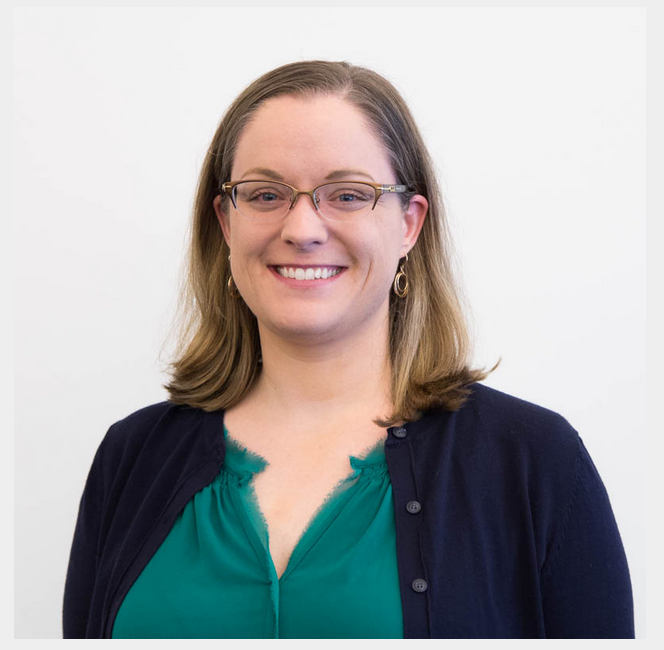Jon Holt is a Bass Digital Education Fellow with Learning Innovation. Holt is developing a “level-up” course on computational methods which is intended as co-curricular support for undergraduates taking courses in engineering, computer science, and math.
In this post we hear from both Jon Holt, Bass Digital Education Fellow, and Heather Hans, the Learning Experience Designer who is overseeing the project. They both share project goals and future plans.

Often during the PhD we’re focused more on research and less on development and innovation. The fellowship with Learning Innovation has allowed me to think like a designer, which has added an unexpected and rewarding component to my PhD.
Jon Holt, PhD candidate in Civil and Environmental Engineering
Tell us about the goals of your project
Holt: My digital education fellowship project is a collaboration between the Pratt School of Engineering, Learning Innovation, and the Innovation Co-Lab. Our goal is to develop a set of online modules that will prepare freshmen and sophomore STEM majors for the computational methods they will need for their coursework. Michael Gustafson, PhD, Associate Professor of the Practice of Electrical and Computer Engineering is the faculty sponsor for this project. Professor Gustafson identified the need for a singular resource for introductory computational methods.

Let’s hear how Jon learned the digital skills he needed for this project.
Holt: Prior to beginning our projects, all Digital Education Fellows enrolled in GS762, a course that introduces digital pedagogies and design thinking. I found GS762 to be incredibly relevant and useful for my project. For example, Steve Toback, Media Architect/Senior Producer, Academic Media Services, Office of Information Technology, and his team of producers spent two class periods with GS762 teaching us how to use the Multimedia Project Studio (MPS). Now, I use the MPS lab to create instructional videos for the modules I am designing.
How will your project impact Duke undergraduate education?
Holt: As it stands, many Duke professors provide their own lessons on computational methods, typically during the first few lectures of the semester. My project will centralize and streamline this content, which will a) save time for professors and b) make it easier for students to access materials.

Holt: Duke undergraduates will begin using the modules in the spring 2020 semester. In December our team will host a luncheon with faculty to promote and demonstrate the modules.
PhD Students as Collaborators and Partners
Heather Hans, the project manager and learning experience designer who is partnering with Holt on this effort, shares future plans.
Hans: This project is a unique collaboration to create co-curricular modules to help engineering students get up to speed on a number of topics relating to computing and programming. In Learning Innovation, we needed someone with computing and programming experience to work with our subject matter experts to create online content including videos, coding examples, and assessments.

The partnership with a Bass Digital Education Fellow has helped us make significant progress on this project while providing the fellow with professional experience in instructional design, online course design, and team-based collaboration.
Heather Hans, Learning Innovation
What plans are in place to share this course with faculty and students?
Hans: In the spring, undergrad engineering students will begin to use these modules to prepare themselves for more advanced work in computing and programming. We really appreciate the fantastic work our fellow, Jon Holt, has done on this project.
About the Bass Digital Education Fellowship Program
The Fellowship is offered through a partnership with Duke Learning Innovation and the Duke Graduate School. Fellows who complete the program will also partially fulfill the requirements for the Graduate School’s Certificate in College Teaching. (Information about the inaugural cohort of fellows and their projects is available here.) To learn more – contact us!

